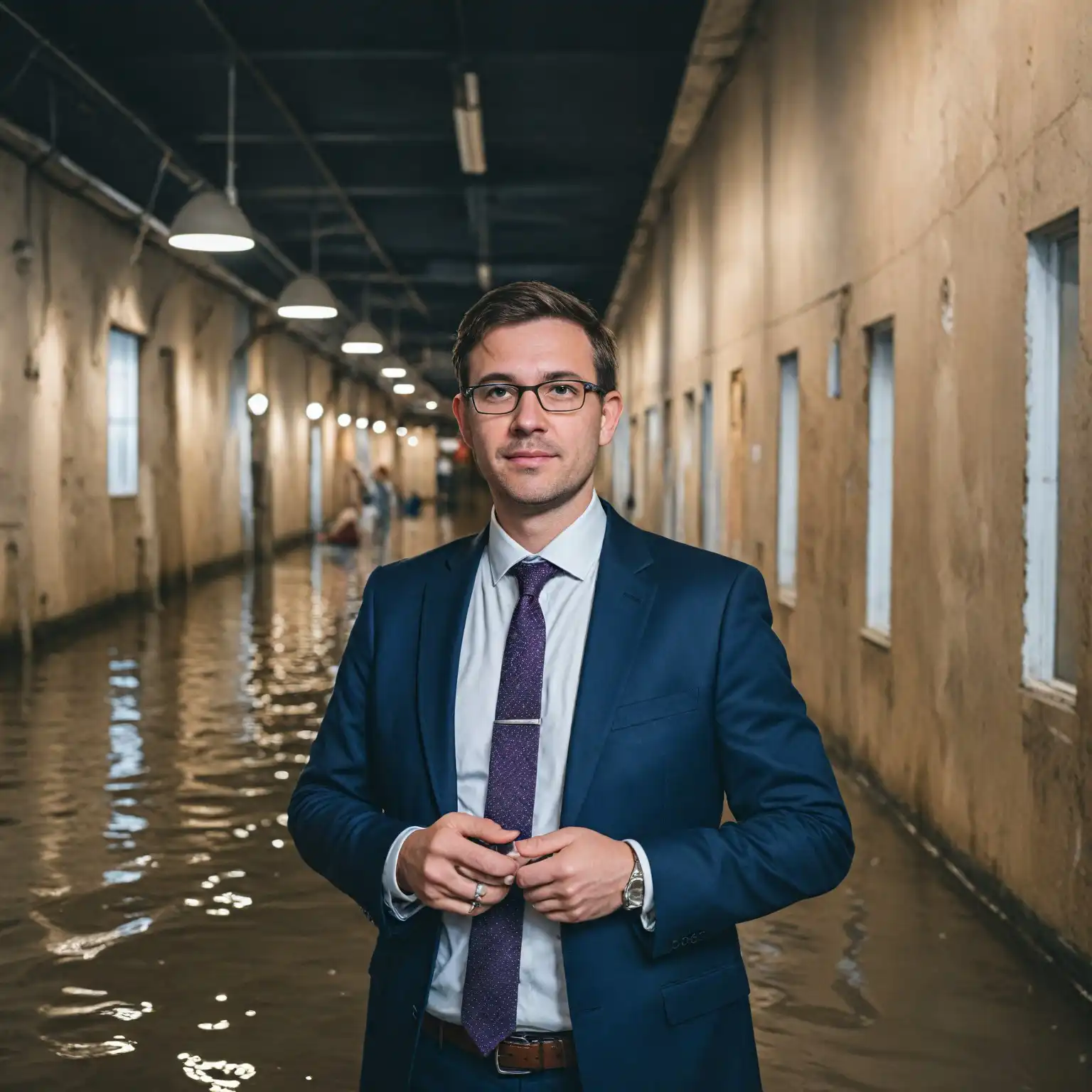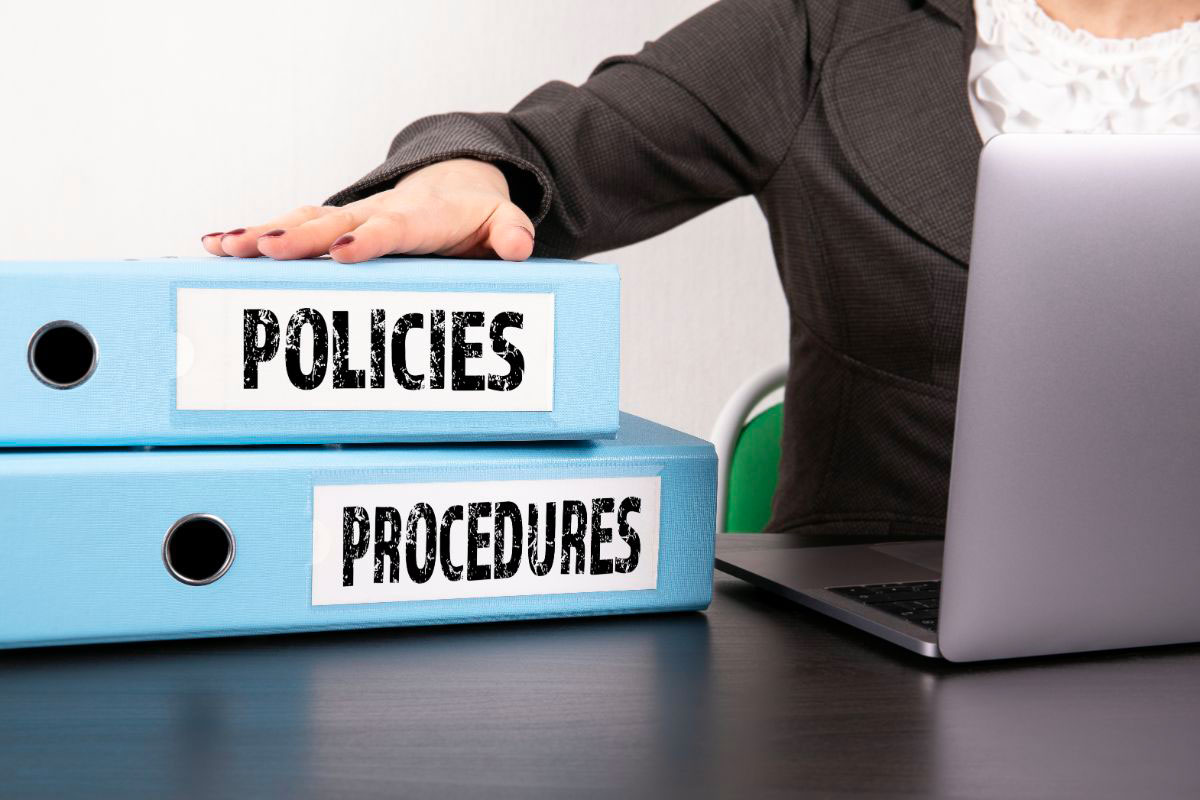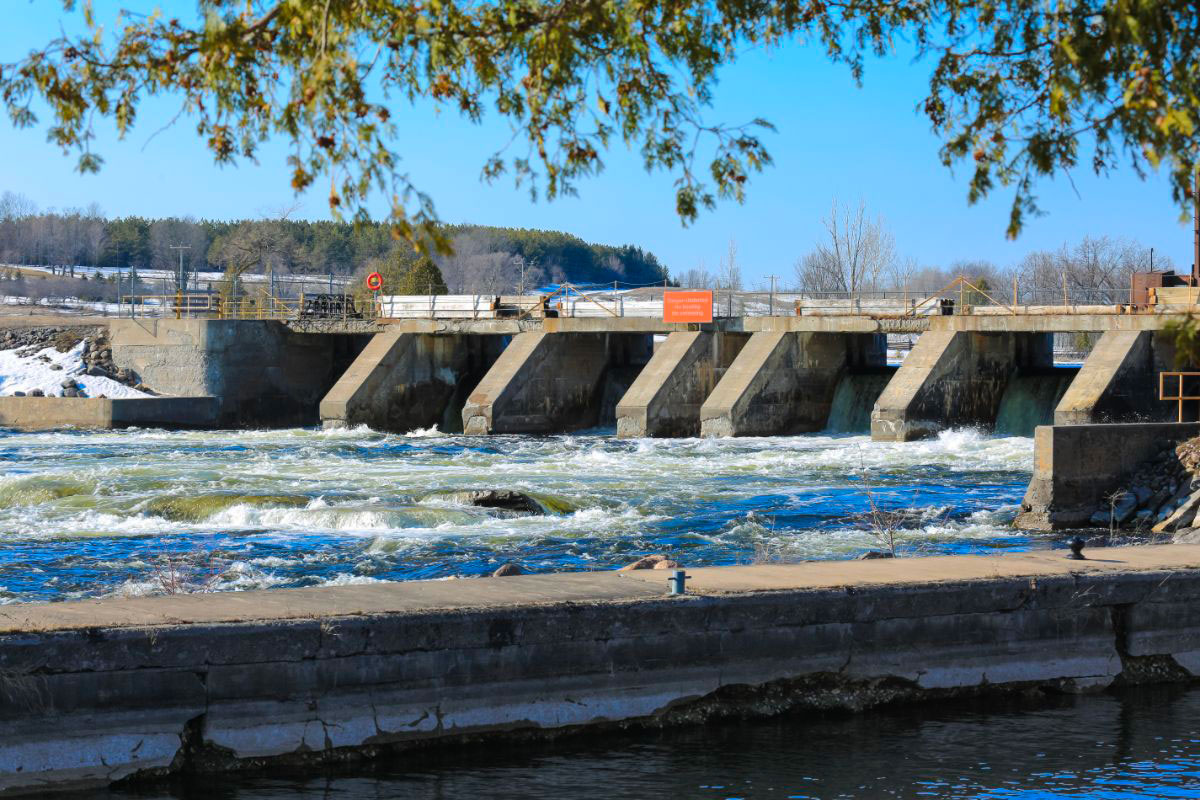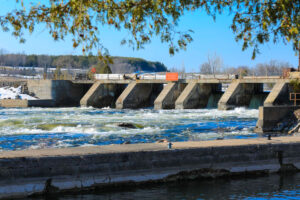Flood Management Technologies and Regulatory Reforms
Floods are complex natural phenomena that require tailored and innovative solutions for effective management. In a world increasingly affected by climate change, science and technology play a crucial role in improving our ability to predict, monitor and manage floods. At the same time, policy and regulatory reforms are essential to support and strengthen these technologies. This article explores the latest technological advances in flood management and the changes in policies and regulations that facilitate their implementation.
Technological advances in flood management
- Scientific and technological innovations are transforming the way we approach flood management. Here are some of the most notable advances:Advanced Monitoring Systems: Modern sensors and remote sensing technologies enable real-time monitoring of water levels, weather conditions and changes in catchment areas. Satellites and drones provide accurate and up-to-date data, facilitating forecasting and crisis management.
- Hydrological Modelling and Simulation: Sophisticated hydrological models use historical and real-time data to simulate the behaviour of rivers and drainage systems. These models enable authorities to predict floods and plan necessary interventions with greater accuracy.
- Early Warning Technologies: Early warning systems based on artificial intelligence (AI) analyse meteorological and hydrological data to provide alerts to communities at risk. These systems can send notifications via SMS, email or mobile applications, enabling residents to prepare in good time.
- Intelligent infrastructures: Advances in the construction of intelligent infrastructures include modular dykes and flood barriers that can be adjusted according to conditions. The advanced materials and technologies used in these infrastructures offer greater resistance and adaptability to extreme climatic events.
- Intelligent stormwater management: Stormwater management solutions, such as permeable paving and water retention systems, help to reduce run-off and absorb excess water. These technologies help to reduce the load on urban drainage systems and prevent local flooding.
Policy and regulatory reforms to support technology
For technological advances to be effective, it is crucial that policies and regulations evolve in parallel. Here are some policy and regulatory reforms that support flood management:
- Building standards and the building code: Regulatory reforms are introducing stricter building standards for new infrastructure and renovations. These standards include flood resistance criteria, such as raising buildings above the expected flood level and using water-resistant materials.
- Resilient Urban Planning: Urban planning policies encourage the creation of buffer zones and reservoirs to manage rainwater. Urban plans incorporate strategies to minimise the risk of flooding, such as limiting construction in flood-prone areas.
- Research and development funding: Governments and international organisations invest in research and development of new technologies for flood management. Grants and public-private partnerships support innovation and the implementation of advanced solutions.
- Risk management policies: Risk management reforms include policies to improve drainage infrastructure, set up monitoring systems and draw up emergency plans. These policies promote an integrated approach to flood management.
- Education and awareness: Educational policies aim to make citizens and decision-makers aware of the technologies available and the importance of flood preparedness. Training programmes and awareness campaigns help promote the adoption of new technologies and risk management practices.
Conclusion: Towards More Effective Flood Management
Technological innovations and political and regulatory reforms are essential to improve flood management. Scientific advances, such as advanced monitoring systems and early warning technologies, offer powerful tools for preventing and managing flood-related crises. At the same time, reforms in construction, urban planning and financing are supporting the integration of these technologies into risk management practices.
To build more resilient communities that are better prepared for flooding, it is crucial that policies and technologies evolve in synergy. By investing in innovation and supporting appropriate regulatory reforms, we can improve our ability to anticipate, prevent and respond effectively to the challenges posed by floods.

My name is Martin Desmet and I’m passionate about flood studies and hydrological risk management. For more than 20 years, I have devoted my career to understanding flood-related phenomena and helping communities to better prepare for and protect themselves against these devastating events. After completing my doctorate in hydrology at the University of Liège, I had the opportunity to work on various projects in collaboration with government bodies, NGOs and private companies. My career has led me to take a close interest in flood modelling and the impact of climate change on our hydrological regimes. I have also had the opportunity to contribute to the design of early warning systems and emergency plans for vulnerable regions. Even though I have published a few scientific articles and given lectures, I remain first and foremost involved in the field, where I can provide concrete solutions tailored to the needs of communities. Outside work, I enjoy spending time in nature, particularly near rivers and wetlands, which inspire me and help me to better understand the ecosystems I study. My aim is to continue learning and sharing my knowledge to help reduce the impact of flooding on our lives and our environment.
Discover more from Flood-news.org
Subscribe to get the latest posts sent to your email.








Leave a Reply